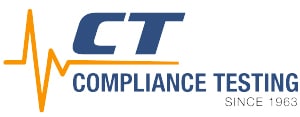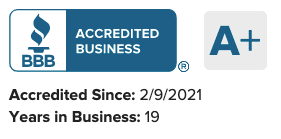Get Free Help From Our Engineers With FCC Certification
Need help achieving FCC certification? We work with businesses and individuals across the country, including in , to achieve FCC certification for electronic devices.
Click the “Talk to Our Team” button or call us on 866-540-5287 to ask our engineers your question about FCC certification, or request a free quote for testing and achieving FCC certification for your device.

When a product is defined as “FCC certified,” it means it’s compliant with the standards required to obtain FCC certification and go on the market. Products that are FCC certified have an equipment authorization approved by the Federal Communications Commission itself, or by a Telecommunication Certification Body (TCB) under the authority of the FCC, based on representations and test data submitted by the company or individual applying for certification.
When you head to any store that sells electronics, you’ll see that many or all of them carry the familiar Federal Communications Commission (FCC) logo, or FCC mark. The FCC mark looks like an “F” and “C,” with a second smaller C inside the larger one.
So, why do devices carry this mark, and what does it mean? By law, electronic devices sold in the United States need to comply with FCC regulations regarding electromagnetic interference (EMI) and radiofrequency (RF) radiation.
The FCC mark indicates that a product meets these standards and is compliant with regulations regarding its use.
Below, we’ve explained what FCC certification is, as well as what it means when a product has the “FCC certified” designation.
To learn more about achieving FCC compliance, or to ask us a question about testing for your product, contact us online or call our team on 866-540-5287.
What is FCC Certification?
FCC certification is a type of approval that’s granted by the FCC to electronic products in order to confirm they’re compliant with all relevant rules and regulations.
More specifically, FCC certification confirms that an electronic device is safe to use, and that it doesn’t emit excessive amounts of RF radiation or cause EMI.
Completing the FCC certification process usually involves testing your device in a lab to make sure its radio frequency emissions are within the allowed limits. The specific process for FCC certification varies based on the type and usage of any radio transmitters inside the device.
What Does FCC Certified Mean?
Being FCC certified is exactly what it sounds like — it means that a product complies with all of the relevant FCC standards and, as such, has achieved certification.
FCC certification exists to make sure that electronic or mechanical devices only produce a safe level of radiofrequency radiation.
If a product is FCC certified, that means that it’s passed a testing process meant to gauge levels of RF output. This is an extremely important metric for any device to pass, as RF emissions can pose dangerous electromagnetic interference that may interfere with other devices.
What Are RF Radiation and EMI?
Radiofrequency radiation, or RF radiation, and electromagnetic interference, or EMI, are two of the main factors that the FCC regulates when it comes to electronic devices.
RF radiation is the unintentional radio wave output that all electronic devices produce to varying extents.
Uncontrolled levels of RF can begin to grow into a risk of EMI, which can disrupt other electronic devices and interfere with their proper functioning. For example, you may have noticed your TV flickering or your cell phone signal changing when other devices are used nearby.
In severe cases, EMI can lead to dangerous irregularities in flight control, life support, and other complex electronic systems.
How Do You Gain FCC Certification?
The process for gaining FCC certification is rigorous but straightforward. When it comes to testing products and devices, the FCC outsources to a variety of accredited, third-party labs around the United States.
If you want to secure certification for your own product, then the first step is finding such a laboratory that suits your needs for testing.
Once you find a suitable lab, you’ll need to arrange for compliance testing. The experts will manage this process primarily on their own, using advanced instruments to identify the RF output of your device and measure it against regulations.
If your device passes the relevant FCC tests, it means that radiofrequency radiation remains within allowed levels as dictated by the FCC. Devices that fail FCC testing usually need to be reworked to reduce their output and comply with regulations.
Get FCC Certification for Your Product
If you have a product that needs to undergo testing and receive FCC approval before it reaches the market, we’re happy to help. Ensuring your device complies with FCC regulations is critical for accessing the US market and limiting your risk of legal liability.
As a leading provider of FCC testing and certification, we can help you complete testing for your device and achieve full compliance with all FCC regulations.
To learn more about the FCC certification process or ask our team a question, contact us online or call us on 866-540-5287. Our experienced team of engineers is happy to help you with every aspect of FCC compliance, from testing to specific regulatory requirements and more.
Request a Free Quote From Our Team
Please enter your name, contact information, and any information about your device and the type of testing you need into the form below. Our team of engineers and compliance specialists will contact you as soon as possible with a free quote for your project.




